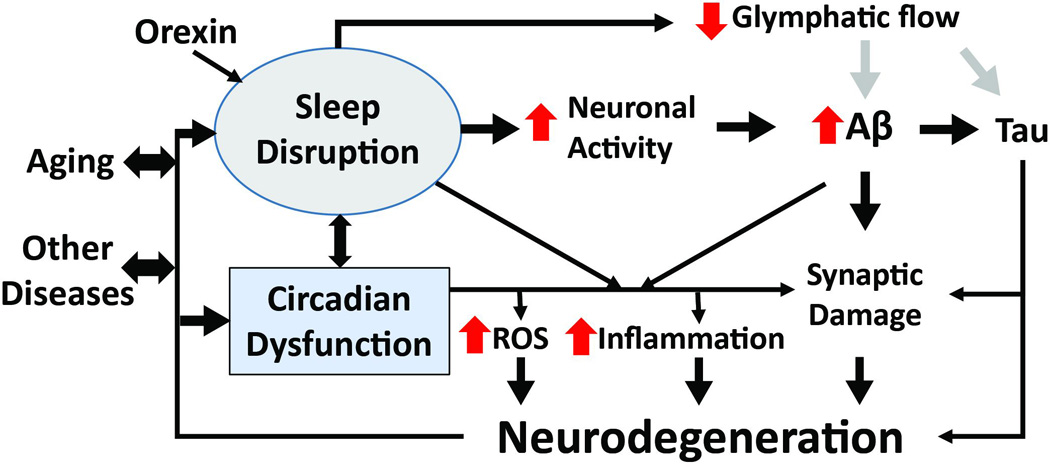Figure 2. Proposed mechanisms linking sleep loss, Aβ, and neurodegeneration in AD.

Sleep deprivation or fragmentation can result from aging, other diseases, environmental influences, circadian clock (SCN) dysfunction, or neurodegeneration. Increased wakefulness, which is promoted by orexin, causes increased neuronal activity, leading to elevated Aβ production and aggregation. Wakefulness also increases sympathetic output, suppressing glymphatic system function. This could result in decreased clearance of pathogenic proteins (such as Aβ, tau, or synuclein). Sleep loss and clock disruption also promotes oxidative stress, inflammation and a loss of synaptic homeostasis. These insults combine to promote neurodegeneration, which in turn causes more circadian and sleep dysfunction.
